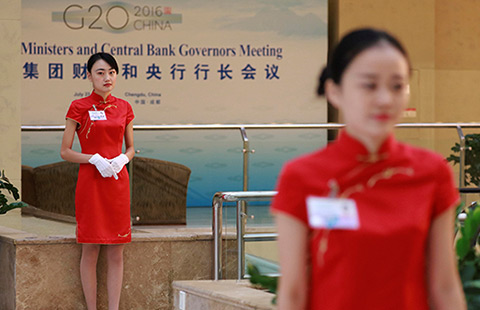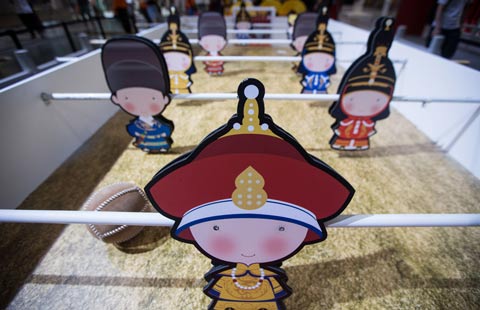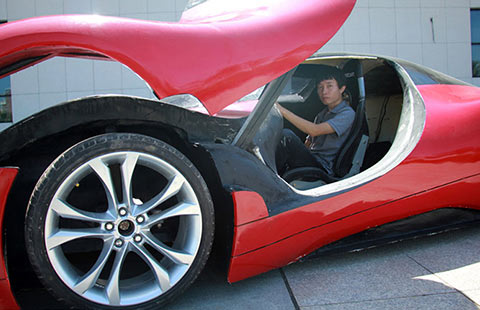Golden opportunities for California
By Chen Jia and Joseph Boris (China Daily) Updated: 2012-12-18 13:48Competing for cash
Ed Lee, the Chinese-American mayor of San Francisco, is preparing to visit China next year, according to Darlene Chiu Bryant, executive director of ChinaSF, an economic development initiative of the city.
As more Chinese companies set up offices and expand operations in the US, San Francisco aims to guide those considering a move through each stage of decision-making and relocation. ChinaSF has a bilingual staff and offices in San Francisco, Shanghai and Beijing that support an exchange of ideas.
"Entrepreneurs and small and medium-sized enterprises value California for its advanced legal structures, openness to new products and partners, worldliness toward non-Americans and strong business facilitation services, among other advantages," according to the Rhodium Group report.
It highlights the efforts of public-private partnerships such as ChinaSF as well as business groups like the Bay Area Council and the California governor's GO-Biz agency, which aims to simplify companies' entry into the state.
Chinese investment in the US has taken various forms. One local politician even made it a key plank of his election platform.
Stewart Chen, a chiropractor who ran for one of two open seats on the city council in Alameda, near Oakland, lost his bid for office in the Nov 6 elections. But his third-place finish among voters could suggest support for his effort to involve Chinese investors in redeveloping Alameda Point, a former US navy air station in the city.
San Francisco media reports said talks have been underway for months between Miami-based home builder Lennar Corp and State-owned China Development Bank to invest $1.7 billion to restart the long-delayed conversion of two mothballed US naval bases, Treasure Island and Hunters Point, into large-scale housing.
"Chinese investment has helped spur growth in the California economy at a time when it was in the midst of a recession," said Kevin Johnson, dean of the law school at the University of California, Davis. "California political leaders at all levels realize this and are looking for investment into local economies. Investment, capital and jobs are all needed."
In February, Governor Jerry Brown announced at a US-China economic forum in Los Angeles his plan to form a China-California task force to spur cooperation, investment and trade.
Later in the year, Brown re-established a state trade and investment office in Shanghai. California had closed a dozen such offices around the world in a budget-cutting move eight years ago, including in Shanghai, Hong Kong and Taiwan.
Restoring California's presence in China took place nearly 40 years after Brown, during his first two terms as governor (1975-83) called for "increased normalization" in US-China relations. Brown, who was out of politics until being elected to two terms as Oakland's mayor, has been serving again as governor since 2011.
China is the world's No 1 exporter and third-biggest importer, behind the US and the European Union. Most Chinese exports to the US go through California's ports, and nearly all US exports to China pass through the state.
In 2010, China surpassed Japan as California's No 3 export market, posting a 20 percent increase over the previous year.
- Tax innovative industries to ensure fairness: Lou
- G20 should support a new tax system for growth: China finance minister
- China's steady economic development helpful to the world: Australian economist
- Global cooperation needed on fiscal policies: China's finance minister
- G20 Finance Ministers and Central Bank Governors Meeting kicks off in Chengdu
- PBOC urges better financial support to flood-hit areas
- WTO concludes China's sixth trade policy?review?
- Regulators warn Vanke, Baoneng


















